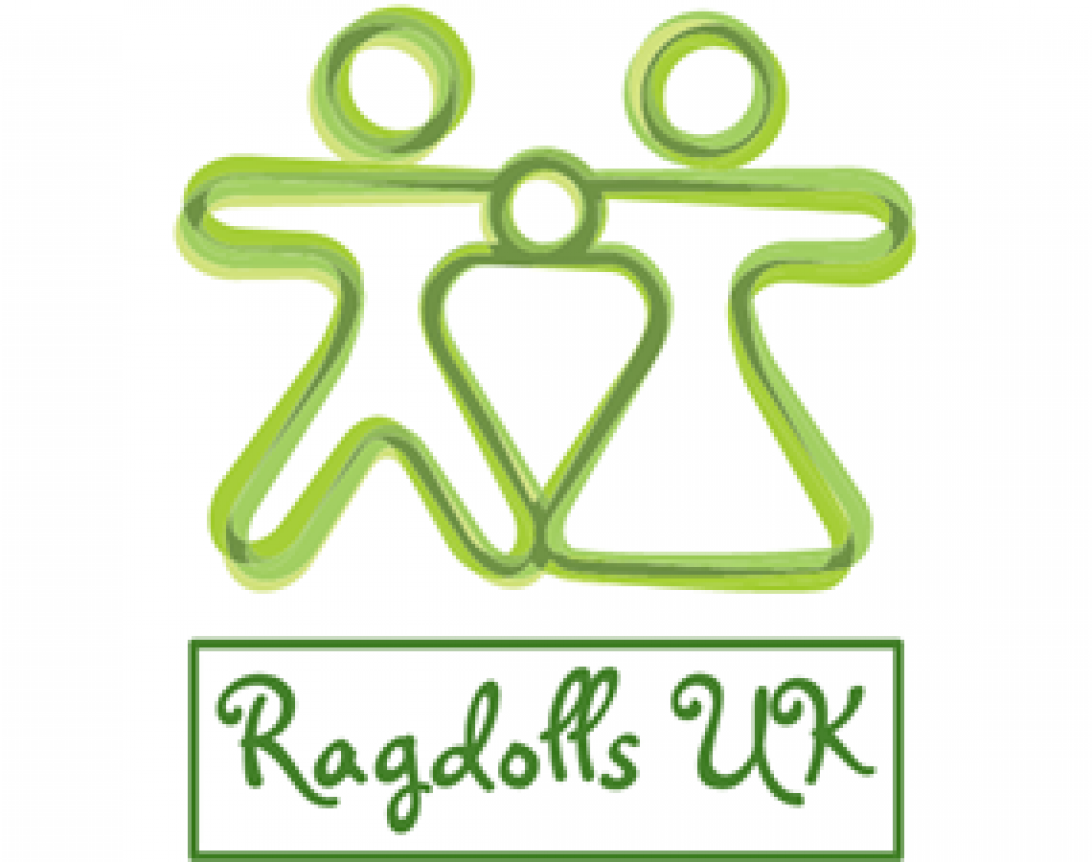My Turner Syndrome Story.
My diagnosis
I’m Chanelle, and I was diagnosed with Turner Syndrome in 1998 when I was eight years old. For quite a long time, my mother had been noticing that I was not growing as fast as my classmates, and she was starting to worry. My paediatrician kept telling my mum that I was short because she was short too, and that there was nothing else to it. Her instincts were telling her to insist. My paediatrician finally had me tested for T.S. I was diagnosed with Mosaic Turner Syndrome, which means the deletion of the second X chromosome was only partial. We were referred to an endocrinologist, and she suggested that I took growth hormones. I was scared of shots, but I also wanted to be as tall as possible. I agreed to take growth hormones and quickly lost my fear of needles. I was on growth hormones for about eight years, and today, I am 4’11’’ tall (about 152 CM).
How does Turner Syndrome affect me personally?
Just like any other woman with T.S., I am short, and I am infertile. I am also affected by Celiac disease and NVLD (Non-Verbal Learning Disability). I only found out in 2017 that Turner Syndrome and Celiac disease were somewhat related. Back in 1998, my endocrinologist had no idea that many women with T.S. were also Celiac. When I found out, I decided to get tested by a gastroenterologist, and I was diagnosed with Celiac. Ever since I have been on a strict gluten-free diet. I have more energy, better appetite, and I am feeling a little healthier.
I was never officially diagnosed with NVLD, but I definitely do have an overdeveloped linguistic intelligence and an underdeveloped visual-spatial intelligence. Like most of my friends, I tried to learn to drive at 16, but it was extremely hard for me. By the time I turned 17, I was discouraged and gave up trying to get my license for a while. I grew up in the suburbs of Montreal, Canada, but when I moved downtown Montreal for school, I figured I did not really need a car. When I was about 22, I moved back to the suburbs and living without a car wasn’t so simple anymore. However, I did not feel peer pressure the same way I did when I was 16, and I finally got my license.
What kind of student was I?
I was really good at certain subjects and kind of bad at other subjects. For mathematics, I was fine until I had to do geometry. I was great at learning foreign languages such as English and Spanish. I was also really good at social sciences (geography and history). As for gym class, I was never a pro at team sports. In elementary school, I was made fun of because I was short and not so good at sports. I was the sensitive kid who wasn’t sure of herself, which made me the ideal target. The school was a local public school, and the staff did not have enough authority to deal with bullying. However, my grades were good enough to be accepted at a great high school where teachers loved to challenge us academically. In high school, nobody bullied me; the school had a zero-tolerance policy, and the staff was not afraid to implement it. I gained confidence, and I was much happier. When I was about to graduate high school, I applied to different colleges and universities. I studied liberal arts in college and then English literature at university.
What have I become as a 30-year-old adult?
When I was 20, and one year into a three-year university degree, I was offered a job as a flight attendant. It was only supposed to be a summer job, but I fell in love with the job’s lifestyle and aviation in general. I decided to keep the flight attendant job full time and to finish my university degree part-time. I now have a Bachelor of Arts degree, and I still work as a flight attendant for a Canadian airline. I am glad that most Canadian airlines have gotten rid of the height requirements for cabin crew members in the early 2000s. I am currently on a paid break from work due to Covid-19, and I am looking forward to going back to work when it is safe to do so. I am finishing a TESL (Teaching English as a Second Language) certificate and might eventually go into that field. I am single, and I don’t have children. If I ever do have a child in the future, that child will be adopted. I don’t think Turner Syndrome has stopped me from achieving my full potential or any of my dreams.
If you would like to learn more about Turner’s Syndrome or would like to discuss what support we offer please contact ragdolls.uk@gmail.com



1 Comment